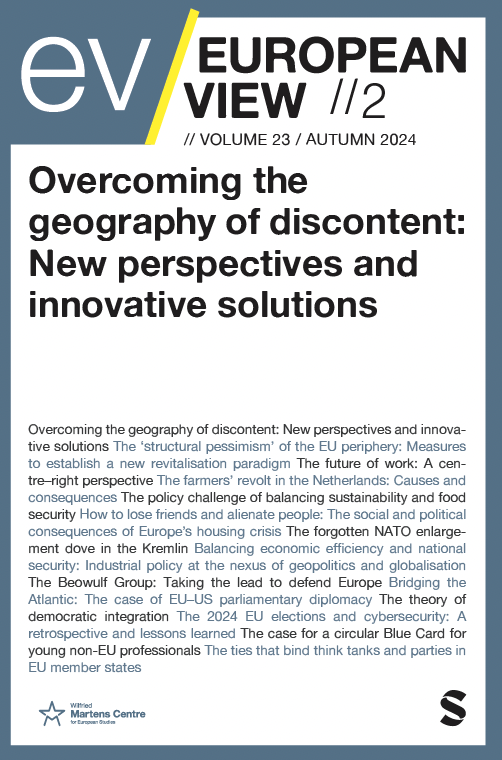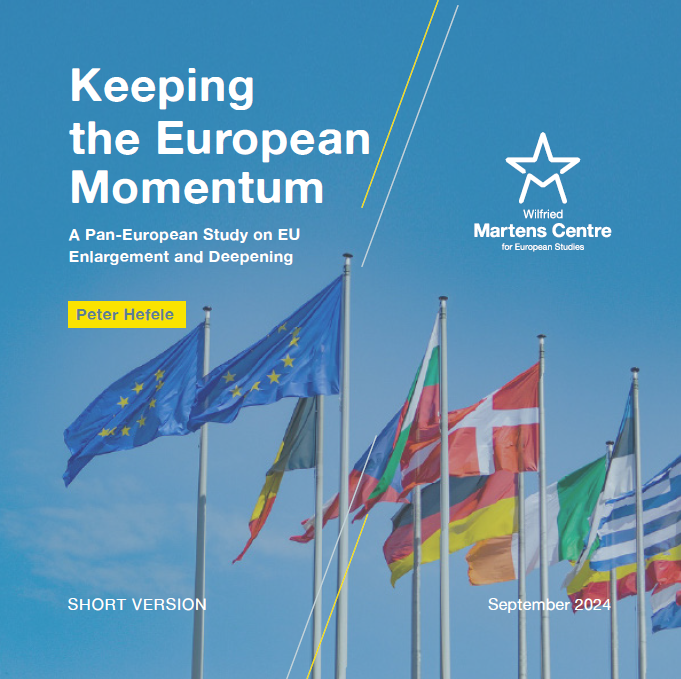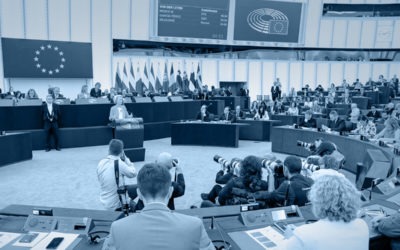Ireland’s banking equiry… what it needs to find out
13 January 2015
There already have been two or three enquiries by outside experts into the things that went wrong in Ireland between 2000 and 2008, that led to the banking crisis.
Now that ground is being traversed again by a Committee of elected politicians.
What extra value can this Oireachtas Enquiry add to what has been found by the expert enquiries?
The crucial job to be done by the Oireachtas Enquiry is to discover whether, since 2008 and since the completion of the earlier expert enquiries, the Irish state and the EU, have done enough to prevent this sort of banking crisis happening here again. It is hard to see how the latter part of that task can be dealt without some input from the ECB.
Some may think a similar property led banking crisis is most unlikely. They assume everyone has learned the lesson, and that the memory of 2008 will stay fresh for decades to come .I am not so sure.
The present artificially low interest rates, and the lack of sufficient investment opportunities outside property could easily lead to another property bubble.
A recent paper by Larry Summers for the US National Institute of Business Economics suggests that we may be in for a very long period of low interest rates on a global basis, combined with few opportunities for productive investment.
If that proves to be the case, the temptation for that cheap money again to seek returns by speculatively lending to buy property, in the hope of a capital gain, will be very strong.
We must not forget that it is really hard to apply the brakes during a boom, so we need to work on the road signals well ahead of time.
The reason it is hard to put on the brakes in mid boom is because so many people would lose if the boom stopped. If people have borrowed money on the assumption that property prices will continually rise, they will go bust if property prices stop rising. These borrowers will punish the politician or institution who stops the boom. In such circumstances, everyone (including regulators) will prefer to leave the blowing of the whistle, and the blame taking for the resultant property price decline, to someone else.
A similar problem would arise if a government decided to take the heat out of the market, by running an exceptionally large surplus of taxation over spending, instead of giving in to spending demands.
In politics, it is difficult to run a large budget surplus, as one will tend to have during boom, if there is one family without a house, one patient untreated by the health services, or one pay demand unmet. Anyone who urged the government to do that would be shouted down, by the very people who would subsequently condemn that government for letting the bubble develop.
The crucial task for the Banking Enquiry is to help Ireland develop institutions that will have the popular respect, and the legitimacy, to lean strongly against the wind of popular opinion during a boom, without doing so when the economy is not in a boom. This is an art, not a science. But if that is not done, we will have another banking crisis.
I do not believe we have such institutions in place yet. Even the new European Single Supervisory Mechanism for banks will be subject to political pressures from member states. The recommendations of the European Commission in favour of fiscal prudence are being undermined by some governments, and by much economic commentary.
Those who give bad news during a boom, put their careers at risk. In the pre crisis years in Ireland, an intolerance of dissent existed within the banks themselves, and within the in the institutions supervising the banks, including government.
Dr. Nyberg found that, in Ireland in pre crash period,
“A minority of people indicated that contrarian views were both difficult to maintain during the long boom, and unhealthy to present to boards or superiors. A number of people stated that had they implemented or consistently supported contrarian policies, they may ultimately have lost their jobs, positions, or reputations.”
Will that be any different the next time?
The Oireachtas Banking Enquiry needs to ask itself honestly, if enough has changed since 2008, to ensure that this sort of conformist response to a new bubble, would not recur in political parties, in the media, in the economics profession, in the Department of Finance, and in the banks in Ireland.
In other words, has Irish human nature, or Irish culture, changed sufficiently as a result of the experience of 2008, to avoid a repetition? If it has not, new institutional structures are needed to safeguard against these weaknesses of human nature and culture.
Blaming individuals is all too easy, but devising new institutions that counter natural human instincts is very difficult indeed. But these are the questions that matter.
It is also important to look at the macroeconomic forces that led to the Irish property bubble.
We must remember that an infinite amount of credit, trying to buy into a finite commodity, developable land, is a recipe for disaster.
In the years before the crash, there was an almost infinite amount of credit on offer to buy into something that was in inherently limited supply, land on which property could be built.
A situation like this will always be volatile.
If the unlimited credit was, instead, able to find a home producing new products or new services, of which (unlike land) the supply was not inherently limited, there would be a much less volatile situation. But sufficient such opportunities may not be available.
As Larry Summers points out“it used to require tens of millions of dollars to start a significant new venture, but significant venture can be seeded(nowadays) with tens of thousands of dollars”.
This is because the big new ventures today are in software, which does not require big capital spending. In the past, the big breakthroughs were in the motor industry, steel, or aviation, which required huge amounts of capital.
If there is too much capital, and too few productive opportunities,the risk is that all the cheap money, now being pumped into the system by the Central Banks all over the world to revive the economy, will find its way into another property bubble, simply because it will have nowhere else to go.
If this is so, a higher risk rating should be placed by the Central Bank and by the European Supervisor of banks on that portion of a loan that covers the value of the site on which a property is built. This is because, in an era of cheap money, site values are more volatile, and more subject to speculative pressures up and down, than any other subject of bank lending.
ENJOYING THIS CONTENT?






















